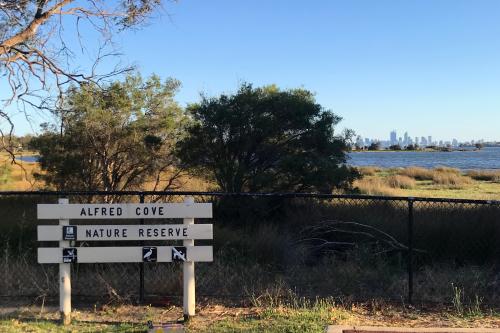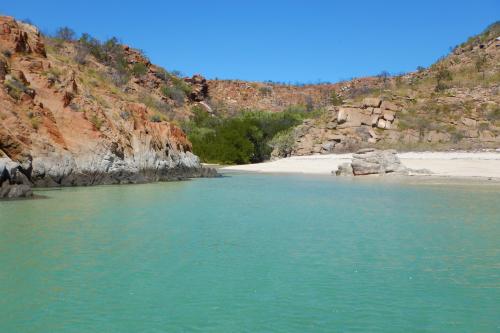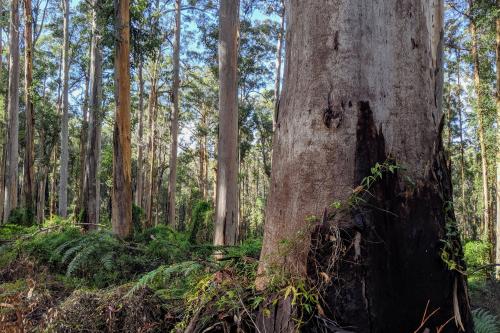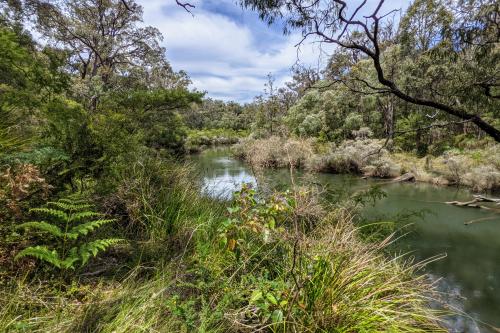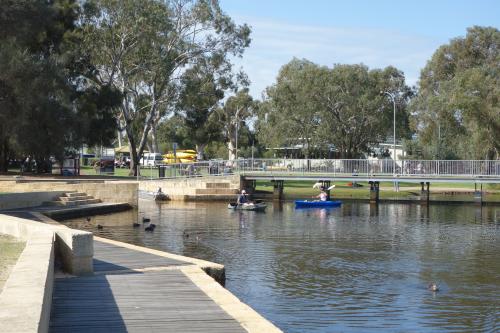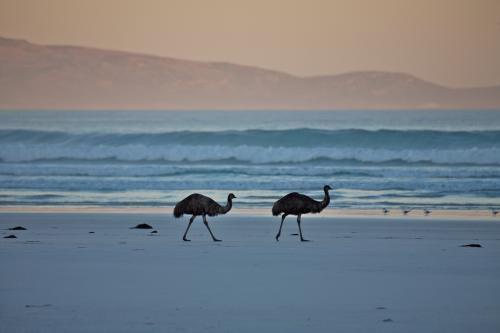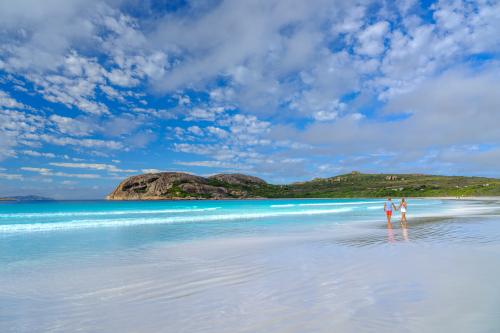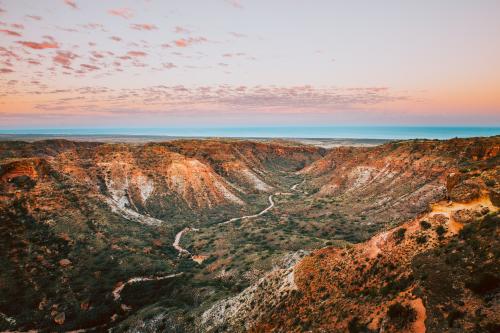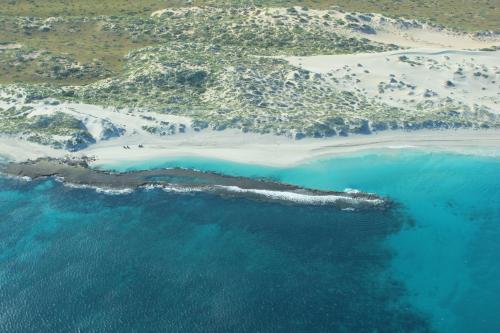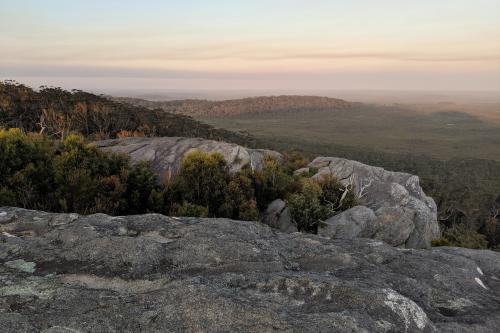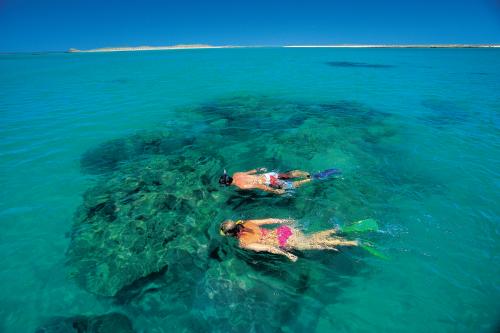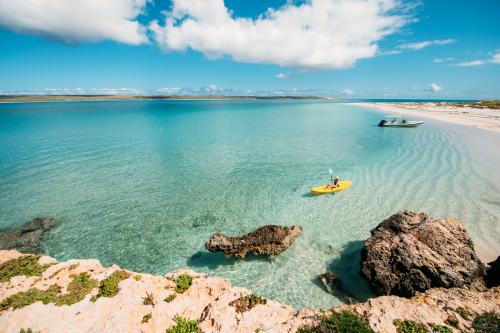Many national and marine parks have opportunities for at least one type of recreational fishing. You can fish from boats and from shore, in rivers, lakes and from some beaches.
Marine parks are divided into zones to help conserve marine biodiversity. It is vital that you know where you are at all times and what you are allowed, and not allowed to do. Marine park zone information is available in brochures, on signs at boat ramps and on some navigation devices.
Fishing is not permitted in marine nature reserves or in marine park sanctuary zones. Further restrictions apply in some marine park special purpose zones. Check the Department of Fisheries website for information on fishing regulations, including licensing.
Make sure that you are aware of the regulations that apply to the types of fishing that you do, and the areas where you fish. There are heavy penalties for infringements.
The Department of Fisheries works closely with Recfishwest, an organisation that represents recreational fishers, to ensure that recreational fishing remains sustainable. They both have information about how to return your catch to the water in healthy condition or how you can kill it quickly and humanely, keep it fresh and prepare it for the table with minimum waste.
Spending time fishing will put you at greater risk of entering the water unexpectedly. It is possible to slip or fall into the water, be blown off balance by a gust of wind, be washed into the sea by a big wave or become trapped by a rising tide.
Before you go fishing, check weather and tide forecasts at the Bureau of Meteorology. When you arrive at the location, take time to check the conditions, choose a safe place to fish from and always stay alert! Recfishwest has essential safety information, particularly for rock fishing.
For more information on how to fish safely see Safety and Fishing, boating, paddling, snorkelling and diving advice.
